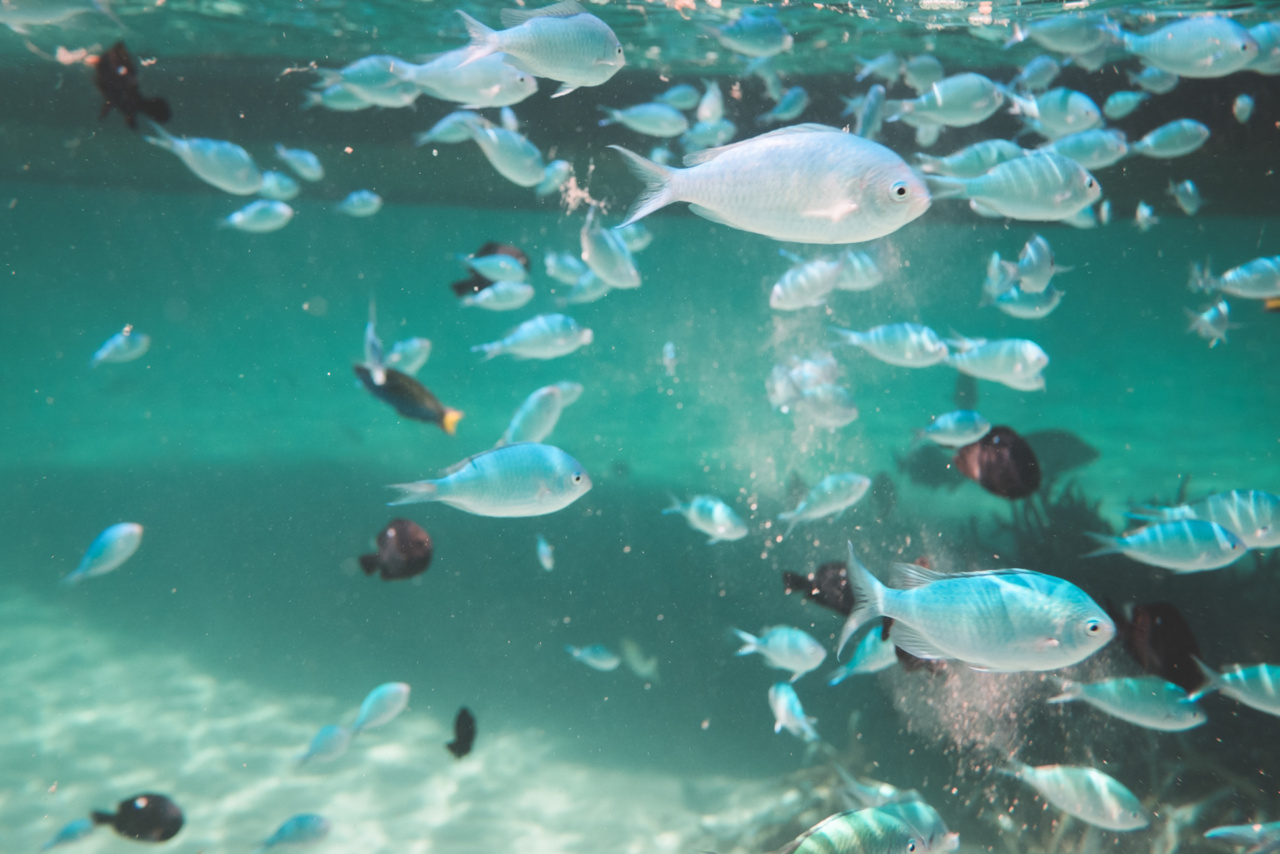Fish is generally considered a healthy food choice due to its low-fat content, high protein value, and several essential nutrients, including omega-3 fatty acids. Fish and seafood are a staple food in several cultures and countries worldwide.
However, there has been concern raised recently over certain fish species’ safety and their potential link to cancer development.
Mercury Content in Fish
One of the main concerns with certain fish species is their mercury content. Mercury is a naturally occurring element found in the environment and can become toxic to humans in high amounts.
Mercury is particularly toxic to the human nervous system, and exposure can lead to a range of symptoms, including tremors, memory loss, and even death.
Mercury enters the environment mainly through industrial pollution, and some fish species have high mercury levels due to their position in the food chain.
Larger predatory fish, such as shark, swordfish, king mackerel, and tilefish, have the highest mercury levels. The risk of mercury toxicity also depends on how much fish a person eats and their weight. Pregnant women are particularly vulnerable to mercury toxicity as it can harm the developing fetus’s nervous system.
Polychlorinated Biphenyls (PCBs) and Other Contaminants
Mercury is not the only concern with some fish species. They may also contain other environmental toxins such as polychlorinated biphenyls (PCBs) and dioxins.
PCBs and dioxins are toxic industrial chemicals used in electrical devices, among other products. They are persistent in the environment and tend to accumulate in the fatty tissues of fish, posing a risk of toxicity to humans who consume them.
Some fish species may also contain other contaminants, such as arsenic and cadmium, which can increase cancer risk, among other health concerns.
The Link between Fish Consumption and Cancer
Many studies over the years have investigated the potential link between fish consumption and cancer development.
While some studies have suggested that certain types of fish may increase cancer risk, others have suggested that fish consumption may reduce cancer risk.
One of the most well-known studies investigating the link between fish consumption and cancer is the VITAL study.
It was a large-scale study that followed a US population for around ten years, during which participants were asked about their fish and seafood consumption. The study found no strong evidence suggesting that overall fish consumption increased cancer risk. However, the study suggested that some fish species, particularly those with high mercury levels, may increase cancer risk if consumed too frequently.
Does Cooking Fish Change Its Safety?
The method of cooking fish may affect its safety, particularly in terms of reducing its contaminant levels.
Cooking fish at high temperatures, such as grilling and broiling, can cause the oils of the fish to drip, and with them any toxic contaminants that are present. Similarly, frying fish can cause the oil to absorb contaminants and transfer them to the fish. Therefore, baking and boiling fish may be safer options as they do not expose the fish to high temperatures or oils.
Recommendations for Safe Fish Consumption
So, is fish a healthy food choice, or should we be cautious? The answer is not straightforward. Overall, fish is a healthy food choice and is a good source of several essential nutrients.
However, caution is necessary when it comes to choosing which fish species to consume and how frequently.
The US Food and Drug Administration (FDA) and the Environmental Protection Agency (EPA) have issued guidelines for safe fish consumption, particularly for pregnant women and children.
They recommend limiting fish species with high mercury levels to a maximum of two to three servings per week, depending on the serving size. The FDA and EPA also recommend choosing a variety of fish species to reduce the risk of exposure to one contaminant.
Conclusion
Fish is generally considered a healthy food choice due to its low-fat content, high protein value, and several essential nutrients.
However, some fish species may contain environmental contaminants such as mercury, polychlorinated biphenyls (PCBs), and dioxins, which can pose health risks if consumed too frequently. While many studies have investigated the link between fish consumption and cancer development, no conclusive evidence suggests that fish consumption overall increases cancer risk.
However, some fish species, particularly those with high mercury levels, may increase cancer risk if consumed too frequently. The FDA and EPA recommend limiting consumption of high-mercury fish species and choosing a variety of fish species to reduce the risk of exposure.





























